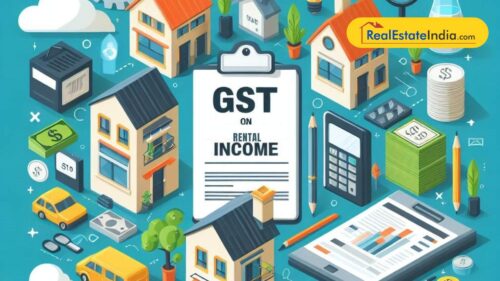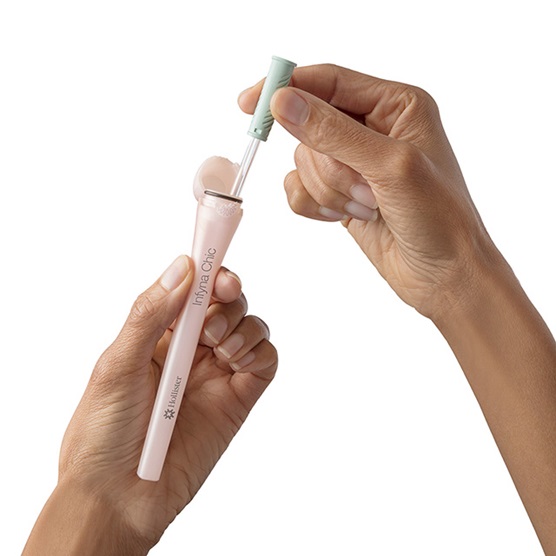Renting properties can be a complex topic, especially when it comes to understanding Goods and Services Tax (GST) implications. Many property owners are unsure about whether GST applies to rental income and if so, under what circumstances. This guide will break down the key aspects of GST on rental income for both residential and commercial properties.
Overview of GST on Rental Income
Introduced on 1st July 2017, GST is an indirect tax that applies to the supply of goods and services throughout India. It’s a destination-based tax, meaning it’s charged in the state where the goods or services are consumed.
- Unified Tax System: GST has replaced several indirect taxes like VAT and excise duty.
- Real Estate and GST: Renting property qualifies as a “supply of service,” making it subject to GST under certain conditions.
GST Applicability on Residential and Commercial Property
The applicability of GST on rental income varies depending on the type of property (residential or commercial) and how it is used.
1. GST on Rent of Residential Property
- Exempt: If a residential property is rented for residential purposes, no GST is charged.
- Taxable: If the residential property is rented for business purposes, GST at 18% is applicable.
Example: If Mr. Vivek uses a residential property for personal use but pays rent through his company’s account, GST is applicable regardless of the residential use.
2. GST on Rent of Commercial Property
- Taxable: Renting commercial real estate such as offices or shops attracts GST at 18%. This applies whether the space is rented partially or entirely for business use.
Threshold for GST Applicability
The requirement for GST registration and payment depends on the annual turnover of the landlord.
1. Turnover Above Rs 20 Lakhs
If the landlord’s annual turnover exceeds Rs 20 lakhs, inclusive of rental income, they must register for GST and pay 18% GST on rent for commercial properties or residential properties used for business.
2. Turnover Below Rs 20 Lakhs
Landlords with an annual turnover below Rs 20 lakhs do not need to register for GST. However, if they rent a residential property for business purposes, the tenant must pay GST under the Reverse Charge Mechanism (RCM).
Reverse Charge Mechanism (RCM)
Under RCM, the tenant is liable to pay GST if a residential property is rented for business use, even if the landlord is not registered under GST.
Tax on Rental Income Before GST
Before the implementation of GST, service tax applied to rental income from commercial properties. The rate was 15% if the landlord’s income exceeded Rs 10 lakhs.
Input Tax Credit (ITC) Provisions
GST allows tenants to claim Input Tax Credit (ITC) on the tax paid for rent if the property is used for business purposes. ITC can be claimed under the following conditions:
- Residential Property: No ITC if the property is used for residential purposes. However, ITC can be claimed if the property is used for business activities.
- Commercial Property: ITC can be claimed for commercial properties, provided the tenant holds a valid tax invoice from the landlord.
Example: If GST paid on rent is Rs 18,000 annually, and the ITC is claimed quarterly, the ITC would be calculated as:
ITC = Rs 18,000 * 4/12 = Rs 6,000.
ITC on Repairs and Renovation
- Residential Property: No ITC is available on expenses related to repairs or renovation of residential property.
- Commercial Property: ITC is available for repair expenses meant to maintain, but not improve, the property.
GST on Rent vs GST on Rental Income
GST on Rent
GST on rent is the tax payable by tenants when renting property for business use. The rate is 18%, and tenants may claim ITC on this amount.
GST on Rental Income
This is the tax liability of landlords receiving rental income from properties used for business purposes. GST applies only if the landlord’s turnover exceeds Rs 20 lakhs.
GST Registration for Property Owners
Landlords must register for GST if:
- They rent commercial property and have an annual turnover above Rs 20 lakhs.
- They rent residential property for business purposes, regardless of whether the tenant or landlord is registered for GST.
How to Calculate GST on Rental Income
The formula to calculate GST on rent is:
GST on rent = Monthly rent * 18% GST rate
Example: If the rent is Rs 1,00,000 per month, GST on rent = Rs 1,00,000 * 18% = Rs 18,000.
Challenges and Solutions
Common challenges faced by landlords include understanding complex GST regulations, managing paperwork, and dealing with ITC ineligibility. Some solutions include consulting tax professionals, hiring staff for record-keeping, and maintaining proper cash flow management.
Conclusion
Understanding GST on rental income is crucial for compliance and to avoid penalties. Key takeaways include:
- GST on residential properties used for residential purposes is exempt.
- Renting residential properties for business activities attracts 18% GST.
- Landlords with an annual turnover below Rs 20 lakhs are exempt from GST registration.
- Tenants may claim ITC on GST paid for business use.
Tax advisors can help landlords navigate these complex rules and maximize benefits.




